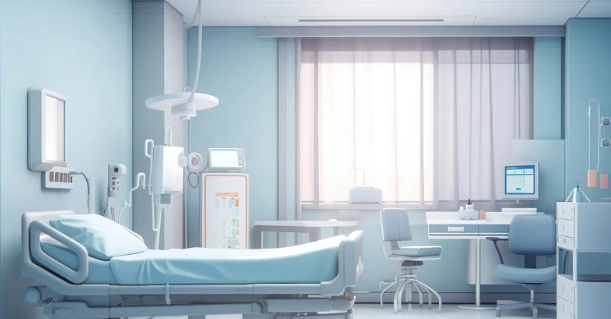Primary Health Centers (PHCs) play a crucial role in ensuring access to essential healthcare services in communities. As the first point of contact for many patients, PHCs offer comprehensive medical care, focusing on prevention, diagnosis, treatment, and health education. These centers work in tandem with general hospitals, creating a seamless system for patient referrals and specialized care when needed.
Comprehensive Care from General Physicians
One of the defining features of a primary health center is the presence of experienced general physicians. These healthcare professionals are trained to manage a broad spectrum of illnesses, from common colds and infections to chronic conditions like diabetes and hypertension. General physicians at PHCs are skilled at diagnosing health problems early, which is essential for preventing complications and reducing the need for more intensive care.
Patients can consult general physicians for regular check-ups, vaccinations, and management of lifestyle diseases, making PHCs an ideal choice for families seeking affordable and preventive healthcare services.
The Role of General Hospitals in PHC Networks
Primary health centers often work closely with general hospitals to provide a complete continuum of care. When a patient’s condition requires more specialized treatment or advanced diagnostics, PHCs refer them to general hospitals equipped with advanced medical technologies and specialized staff. This collaboration ensures that patients receive the care they need without unnecessary delays, contributing to better health outcomes.
General hospitals, with their broader range of services, complement the efforts of PHCs by offering treatments for more complex health conditions, surgeries, and emergency care, creating a holistic healthcare system that caters to the needs of the entire community.
By ensuring access to general physicians and linking patients with general hospitals, primary health centers are vital to delivering effective, community-focused healthcare.





Comments